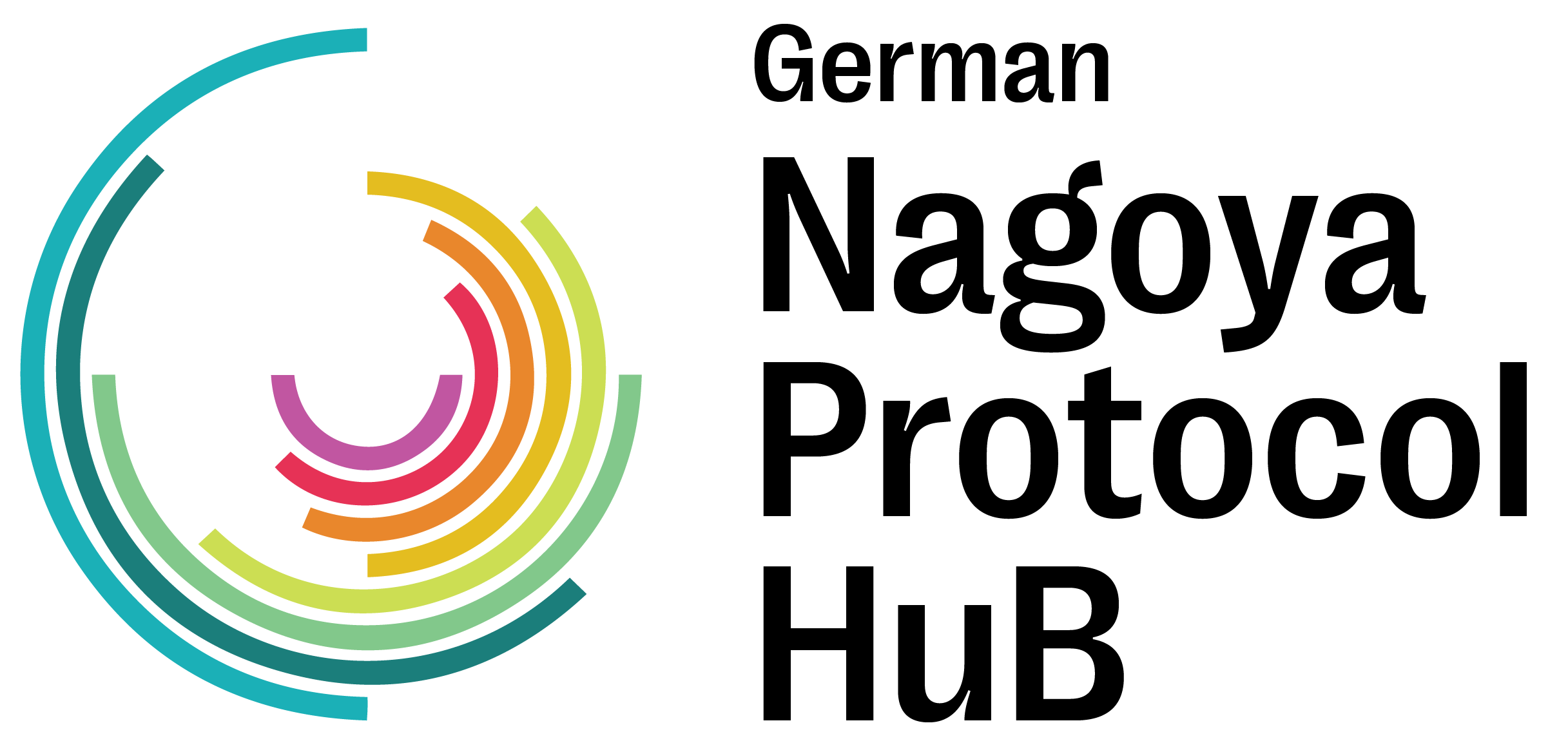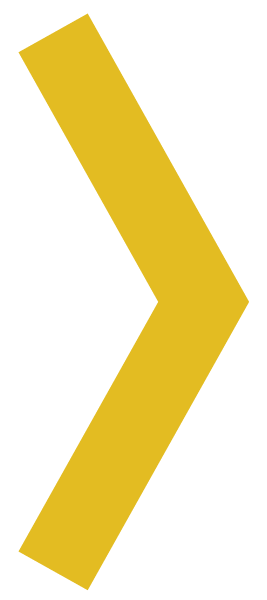ABS stories
Learning from experience: France
Institution: A German University
Biological material: Brown algae
Research field: Biochemistry, bioprospecting, basic medical research
Research: Basic, non-commercial
Focus: Extracts from the algae were created, characterised and put into a database. These were screened for the most promising candidates, which were then tested for their suitability in the fields of ophthalmology (age-related macular degeneration), regenerative medicine (tissue engineering) and cosmetics.
Collaboration partner: There were eight partners from Germany and other European countries in total, including research institutes, universities and partners from the private sector.
Collection: The material was sold to the German university by a private company in France.
Funding: European Union (Interreg)
Funding period: 2017-2020
Photo: Zenthoefer
ABS Process
Time needed for first response from the National Focal Point: 1 day
Amount of time invested full time in the process: 4-5 days
Time needed until all ABS documents were obtained: 3 months, including the time needed for the partners to gather the information needed for the application and the processing time by the French authority. This application was prepared and lodged towards the beginning of the Corona pandemic, so this may also have slowed the process slightly.
ABS documents obtained: National ABS Permit
Before starting with the process, advice on ABS was provided to the German scientists by the Nagoya Protocol compliance officer at their institution.
In the first step in the process, the scientists contacted the French National Focal Point. It took about one day for this person to respond to their initial enquiry.
The application involved filling out a “declaration form” (Déclaration pour l’accès aux ressources génétiques d’espèces animales non domestiques ou végétales non cultivées, et le partage des avantages découlant de leur utilisation). This form includes questions about the purpose of the research, the place of collection, the type of genetic resource, questions about benefit-sharing as well as general information about the institution (research location). These forms are in French but could be filled out in English.
The only ABS document needed was an ABS permit, which was issued by the French Ministry of Ecological and Solidarity. This document refers to the project and covers the participation of all eight collaborating institutions in the research.
An internationally recognized certificate of compliance has been published in the ABS Clearing House.
The ABS procedure for non-commercial research is described in English in the ABS Clearing House. The French Ministry has also made information about ABS in France and courtesy copies of the relevant law and regulation available in English.

Photo: Zenthoefer
Benefit-sharing
There was no additional benefit-sharing agreement in this case. All of the benefits to be shared are listed in the ABS permit and include:
- conferences, including for the general public
- scientific publications
Advice for other researchers obtaining biological material from France
The research institute had a positive experience with ABS in France. The communication with the French authorities was open and quick.
What do they suggest?
![]()
ABS can also apply to material obtained from commercial sources. Even if you buy material from a commercial provider, you should check whether ABS applies to you and if so, you should follow the ABS process. In this case, the algae were bought from a company.

Contact the national focal point to find out what you need to do. Be transparent with the authorities about your proposed research.
![]()
Inform yourself about your responsibilities, e.g. by contacting the responsible person at your institution, and plan enough time for the ABS process. It may take some time so it is good to start early!

Know how you are going to deal with language barriers! In this case, the German scientists sought help with the French language from their collaboration partner from France.





